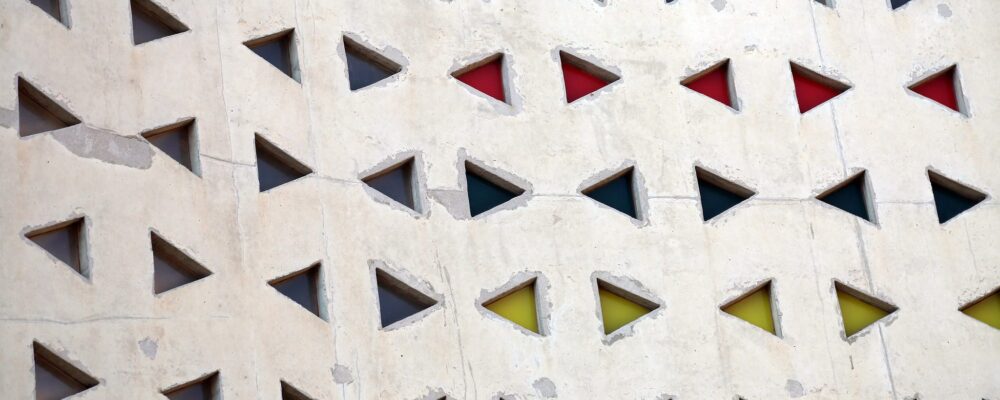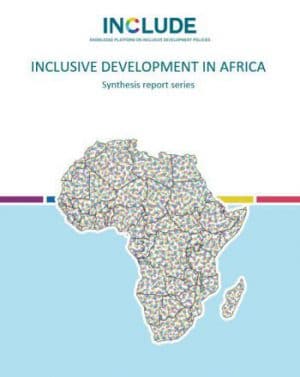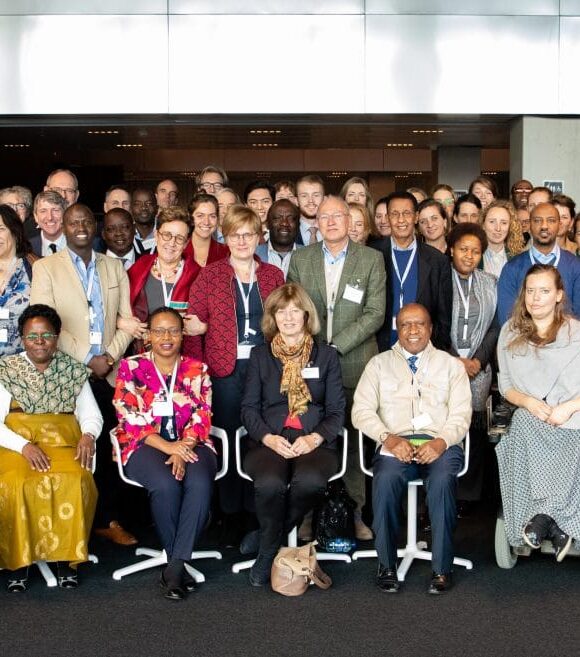
Last month, INCLUDE coordinator & African Studies Center Leiden professor Marleen Dekker and Nicky Pouw from the Amsterdam Institute for Social Science Research were invited to share their knowledge and perspective regarding the question: ‘How to reach the (extreme) poor through inclusive development policies?’ at the European Association of Development Research and Training Institutes (EADI) webinar. In doing so, Marleen and Nicky drew upon findings from the NWO-WOTRO Research for Inclusive Development in Sub-Saharan Africa (RIDSSA) programme, coordinated and facilitated by INCLUDE from 2014-2018.
In the webinar, Marleen and Nicky introduced a policy analysis framework to understand inclusive development from a bottom-up perspective. The framework places the wellbeing of poor and vulnerable groups at the centre, and considers the different stakeholders involved in overcoming the hidden and transaction costs and institutional barriers which prevent these groups from achieving greater equality in both opportunities and outcomes.
The RIDSSA programme’s empirical evidence and insights on inclusive development policies, programmes, interventions and processes were also shared, and the ensuing discussions served to shed light on what can be done to make development more inclusive. One of the key takeaways of this discussion was the notion that inclusive development is not a technocratically linear process, and that political economy aspects of development are of central importance for generating real inclusiveness.
You can watch the full EADI webinar below:
Please accept marketing-cookies to watch this video.


